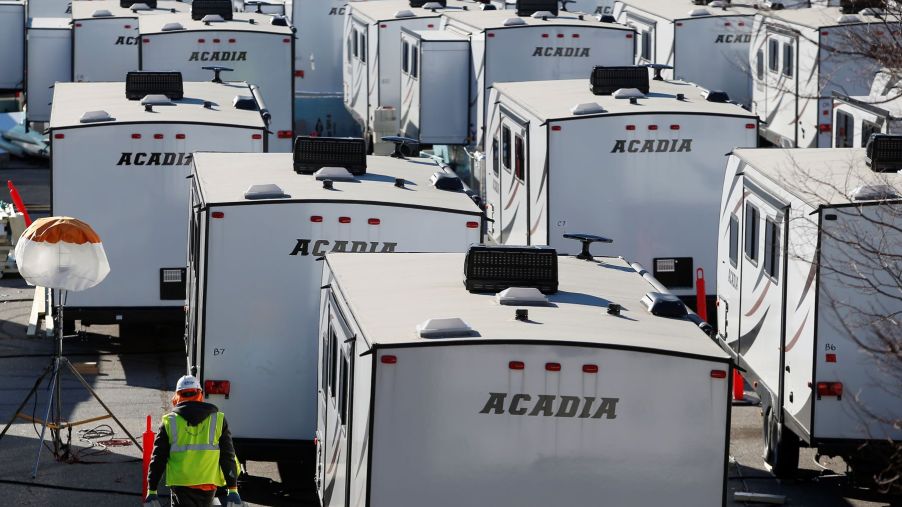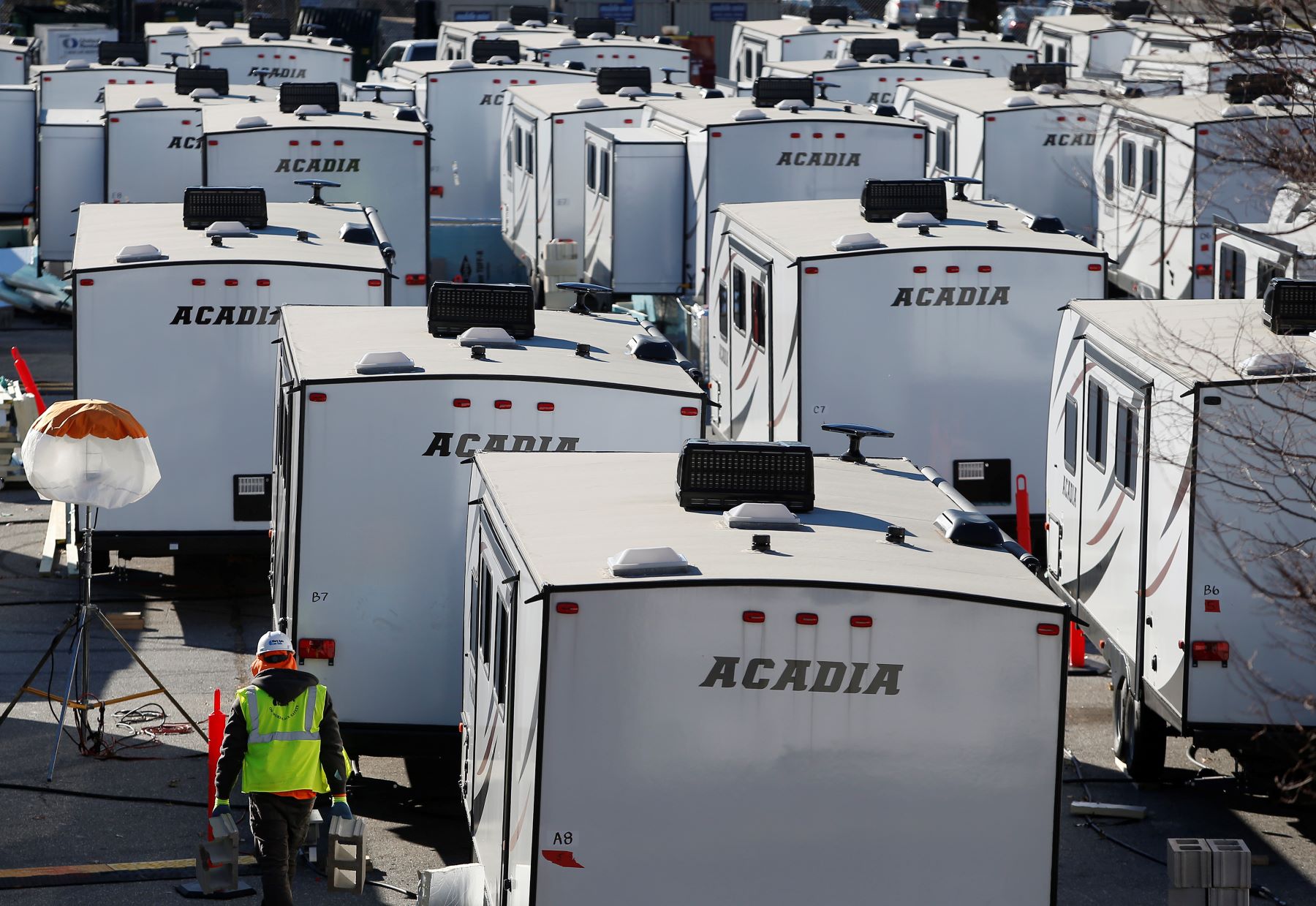
Even Rising Fuel Costs Can’t Slow Down the Booming RV Industry
One of the first things people think about when they see a large Class A motorhome or a burly pickup truck towing a camping trailer on the highway, especially with the current spike in fuel prices, is “How much does it cost to drive that thing?” The short answer is that it costs a lot, but despite the ever-increasing cost of operating an RV, the major industry players are not panicking yet. According to a recent survey of RV owners, rising fuel costs don’t seem to impact how most owners will use their RVs during the upcoming camping season or affect the plans of shoppers to purchase new campers in the near future.
Are rising fuel costs affecting the RV industry?

Thor Industries, a “global RV industry leader,” recently released details of their proprietary 2022 U.S. Camper Perception Study through the PR Newswire network. The study calculated responses from 500 campers or “glampers,” with most of those utilizing an RV for their activities. If you don’t know, “glamping” is a blend of glamour camping and what many people call camping in an RV, although some tents are set up as glamping accommodations as well.
Recreational vehicle usage in the wake of rising fuel costs
Buying fuel is just another cost of owning and operating an RV. It doesn’t matter if fuel prices are relatively high or low. People that enjoy camping in RVs must calculate their fuel costs before each trip to ensure they don’t get stranded. Thor Industries’ study found that 34% of survey respondents reported that rising fuel costs had increased their likelihood of using an RV within the next year, and 35% say that it will not impact their plans.
Rising fuel costs and RV purchases
Perhaps more surprising is the correlation between rising fuel costs and people’s decisions regarding RV purchases. The study found that 32% of those who have RVed in the last two years reported rising fuel costs had increased their likelihood of purchasing a recreational vehicle in the next five years and that 35% indicate that rising fuel costs will have no impact on their RV purchasing decisions.
Campers are an environmentally conscious group
Another aspect of the study focused on the favorability of sustainable, eco-friendly products and manufacturing processes. Overall, 80% of respondents indicated that they are environmentally conscious. In addition, of the 500 responses, 73% said that they are more likely to purchase from companies with sustainable, eco-friendly manufacturing processes, and 75% are more likely to buy from companies that produce sustainable, eco-friendly products.
This tendency toward environmental consciousness is good news to RV industry leaders such as Thor Industries, as it strives to implement plans to achieve carbon net neutrality and reduce its manufacturing footprint on the environment. Thor Industries, for example, invests heavily in sustainable manufacturing processes worldwide, with its European operations currently achieving carbon net-neutrality status. Furthermore, Thor is committed to its plans to achieve carbon net-neutral status in its worldwide operations by 2050.



